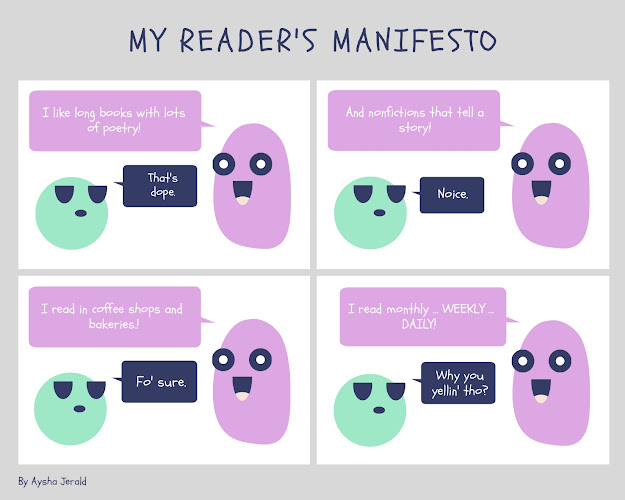Buehler Review
*This post is a review of chapters one and two of Jennifer Buehler's Teaching Reading with YA Literature: Complex Texts, Complex Lives.
When I began reading chapter one, my first impression of Buehler was that of a lone wolf. I was excited for what she was advocating for, but I knew that she was an outlier in doing so. The promotion of YA literature in secondary school classrooms is not very common since classic novels always seem to trump contemporary novels. It would take decades and decades for that to change because ELA classrooms are basically built around the stability those classics provide. The introduction of YA literature into ELA curriculum would send many teachers and schools into unmarked territory. That said, how could Buehler and other advocates obliviate that fear of that territory? Or, better yet, how could they soothe it?
Throughout the first two chapters, Buehler makes some amazing points about YA literature's implications in the classroom. For instance, she says that "As much as any other literary genre, [now] young adult literature can dazzle students with an artful sentence, draw them into moral and ethical debates, and stir them to greater critical consciousness" (4). Having just read the YA novel Internment by Samira Ahmed, I couldn't agree more. The "dystopian" contemporary novel did for me what Buehler says it would do for other students. The clear syntax drew me in, the theme of civil liberties sparked in me opinionated ideas about freedom, and, by placing myself in the character's shoes, I entered a realm of greater critical consciousness. Personally, I believe it was easier for me to reflect on and respond to Internment than it was to Of Mice and Men back in my high school days. This was most likely due to my ability to relate to the protagonist in the novel, whose experiences with oppression and racism were similar to my own.
In middle and high school, I appreciated the classic novels we read and discussed in class. However, I did not love them. I couldn't connect with them, either. Some of them I had to force myself to read, which was concerning since I loved to read in school. Yet, the books I read outside the classroom weren't classic novels. They were all contemporary, because YA novels were easier for me to understand, see, and admire. While, as an English major, I will always treasure having been exposed to such award-wining classics, a part of me wishes that they weren't the status quo. I wished that my ELA teachers could see the power that existed in the novels I read outside the classroom. The power of The Hunger Games, which taught me about poverty and revolution. The power of The Lunar Chronicles, which taught me about overcoming disabilities and insecurities. The power of The Perks of Being a Wallflower, which taught me about mental illness and true friendship. The power of all YA novels, continuously overshadowed by the old, irrelevant other.
Buehler's work matches with how I view my role as an English teacher. Frankly, being an English teacher means having a broad scope, not limited. Unfortunately, as Buehler says, a lot of teachers out there do have a limited scope. That said, I hope to be a teacher who fights against the standard viewpoint. I hope to find ways to force contemporary YA novels into the curriculum. And, I hope to find the means to change my students' perceptions on ELA in the process.

Comments
Post a Comment